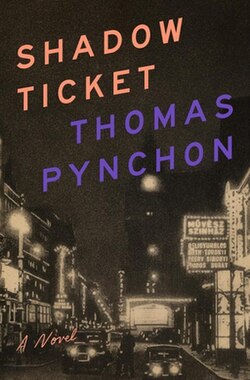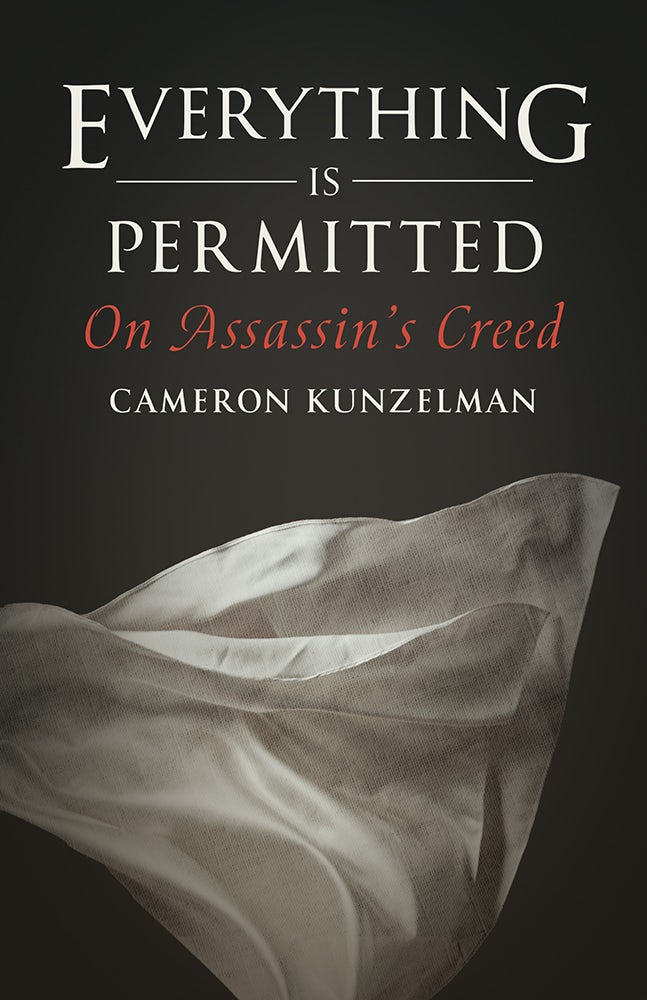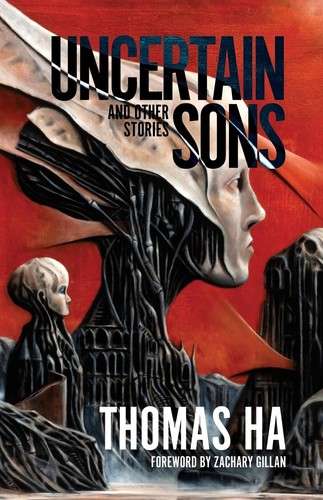𝔏𝔲𝔠𝔞𝔰 rated The Two Doctors Górski: 3 stars

The Two Doctors Górski by Isaac Fellman
The Two Doctors Górski is a dazzling contemporary fantasy and an exploration of reclaiming personal power in the aftermath of …
Researcher in the streets, sleepless in the sheets. Video games pay my mortgage.
Also at The Story Graph: app.thestorygraph.com/profile/lcsrzl
This link opens in a pop-up window

The Two Doctors Górski is a dazzling contemporary fantasy and an exploration of reclaiming personal power in the aftermath of …

In the near future, a civil servant is offered the salary of her dreams and is, shortly afterward, told what …

WINNER OF THE WOMEN'S PRIZE 2021
A strange stew of ideas, with a few really flavourful chunks of prose. Had a lot of difficulty following events, distinguishing characters.
Re-read this after finishing Shadow Ticket. Who the hell was I when I first finished this—and felt let down? Some pebble-kicking aw-shucks I-guess-so dummy who must’ve let the bummer of looking for work soon after the financial collapse keep him from realizing how good a novel IV really is, maybe?

“A scathing critique of capitalism that holds onto the humanity of its characters.” —Laura Zornosa, TIME
Jonathan Abernathy is …

Milwaukee 1932, the Great Depression going full blast, repeal of Prohibition just around the corner, Al Capone in the federal …

Close to Cronenberg and deeply indebted to Kafka, this gaucho-punk novel offers an explosive interpretation of an ultra-capitalistic society at …

Jack is back—and this time, the blood is red. The award-winning bestseller FROM HELL—often ranked among the greatest graphic novels …

An entertaining deep dive into the world, gameplay, and evolution of the hugely successful Assassin’s Creed video game franchise
…

Uncertain Sons is a startling and masterful collection exploring familial love and trauma; societal and technological anxieties; identity and class; …